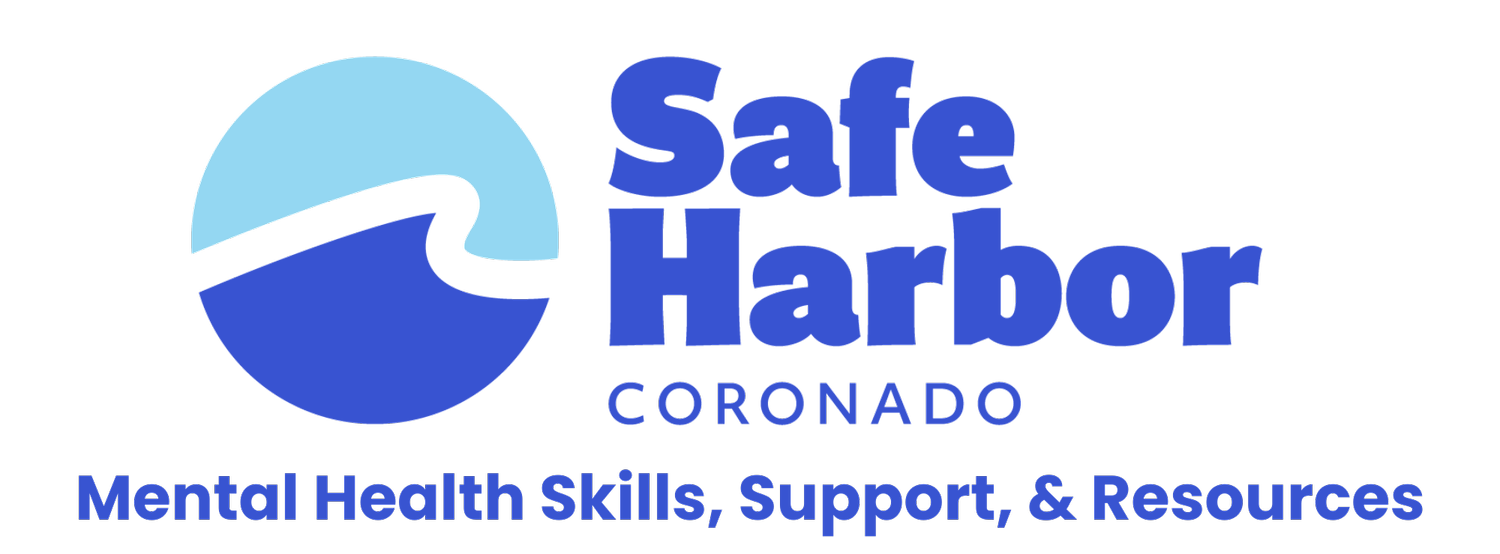Self-Regulation: Mindfulness in Action
An Emotional Intelligence 5-Part Series
Part 2: Self-Regulation
As we toggle between fatigue, optimism and, with each day inching closer to the normal we once knew, anxiousness for the pandemic to truly end, many of us are on a seesaw of emotions. By recognizing and responding to those emotions in ourselves and in others, we can build our emotional intelligence. It starts with self-awareness, which in many ways is synonymous with the newly mainstream term, mindfulness—but that’s just the beginning. While mindfulness is a practice, emotional intelligence is a continuum.
From self-awareness comes the ability to self-regulate. Andrea Bell, LCSW said, “Someone who has good emotional self-regulation keeps their emotions in check. They can resist impulsive behaviors that might worsen their situation, and they can cheer themselves up when they’re feeling down.’
Manage Your Mood
It’s okay to feel a certain way on any given day. With self-awareness, you can identify how and why you’re feeling that way; and with self-regulation, you can respond accordingly and appropriately, maybe even improving your mood with your own mind. Self-awareness equips you to face emotions rather than ignore them, while self-regulation enables you to balance them rather than battle them. Designating a specific place in your home or outside where you go to sort through your emotions can allow you the time, space and separation for self-regulation.
Make Better Decisions
“Think before you act”—it’s one of the simplest rules we learn as kids, yet one that we often overlook as adults. In the continuum of emotional intelligence, self-awareness is when you think, and self-regulation is when you act. The combination helps to resist impulsive behaviors that can cause a mood to spiral into something more, like anxiety, depression, substance abuse, or an eating disorder. Many experts say the key to self-regulation is first to suspend or delay a decision until it can be made on reflection rather than pure emotion.
Reframe Negative Encounters
In Psychology Today, Dr. Steven Stosny, Ph.D. calls self-regulation “the most important skill in love and life.” He explains that when someone does or says something that makes us feel devalued, it’s our ability to self-regulate that helps us change the narrative from hurtful to helpful via a core value. This is paramount in parenting, as shown in one of Dr. Stosny’s examples:
“My kids are disrespecting me.
Old meaning: They’re selfish little brats. They don’t care about me. I’m a failure as a parent.
Self-regulation: Get to core value, to be in touch with our deepest values.
In core value: I want my children to be safe and well.
New meaning: They’re feeling devalued, anxious, unlovable. I’ll teach them what they can do in the future when they feel this way.”
Lyle Anderson, a Coronado resident and parent of two boys, learned self-regulation and other parenting tools through Coronado SAFE’s Positive Discipline classes.
“If I am able to step away or take some deep breaths and not meet them at an escalated level, then we are all able to come back together and solve the problem without so much drama,” Anderson said. “While I learn to breathe, so are they, which is helping them to step away until we can have a calm discussion. We are all better able to hear each other and get to the real issue when we have had a moment to regulate our intense emotions."
In addition to leading by example, parents can teach children to practice these same principles, too. Try helping your child name their feelings and offer them the choices on ways they can self-regulate. It might sound like, “I notice you’re having some big feelings. Would you like to get some fresh air or journal about what happened?” By practicing and utilizing self-regulation at home, children can gain skills that will last a lifetime.
Enjoy Better Health and Relationships
Mental and physical wellness go hand in hand. Self-regulation is very much a form of self-care for the mind, body, and spirit. When we feel healthy and balanced, our relationships thrive and our community flourishes. Next time, in our 6-part series on emotional intelligence, we’ll give new meaning to the word, “motivation.” In the meantime, visit CoronadoSAFE.org for upcoming events and resources that are truly local to Coronado. Also sign up for our e-newsletter and follow us on social media @CoronadoSAFE.

